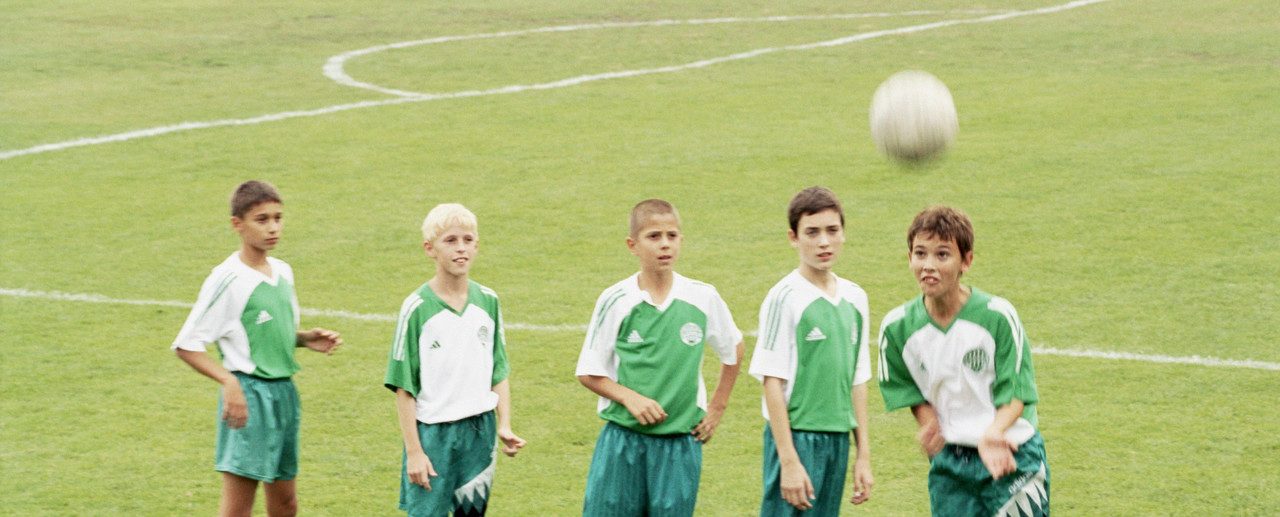February 23, 2018
Should Tackle Football In Childhood Become Obsolete?

Back in 2012, I was writing a featured blog for Parents Magazine called “Red-Hot Parenting.” The idea was to take on controversial and complicated issues – hot-button topics – through the lens of current research. Toward the end of the year, I was preparing a year-end piece on the up and coming topics that would emerge on the radar of parenting culture in the near future. One of these was the growing concern among professionals about the frequency and severity of injuries occurring in youth sports. Paramount was the recognition of concussion and repeated subclinical brain injury resulting from normative (that is, accepted) head trauma in sports like football.
So I went the extra yard and speculated that, as a culture, we may be seeing restrictions on tackle football for youth, with potential elimination of tackle football at some ages. The Parents Magazine online readership was large and not shy about sharing their responses on any topic that got under their skin – and this was clearly one of them. I can’t recall one response that thought this would be a good idea, and moms and dads both shared dismissive reactions. I share this to simply catalogue where our public barometer was about five years ago.
YOU MIGHT ALSO LIKE: How Much Does the NFL Worry About Kids?
Suffice it to say that times have changed. The issue of concussion in football is clearly a focal point of debate and review, and the numbers and consequences of concussion (and related brain trauma) are becoming overwhelmingly convincing to many who thought this to be a relatively rare or even benign risk of playing football. Most telling is the list of changes being considered by U.S.A. Football, which governs amateur youth football, chronicled by Ken Belson of The New York Times. The changes include things like reducing the number of players on the field as well as the size of the field, and eliminating punts and kickoffs – and possibly eliminating tackle football.
What’s especially notable is that a driving force behind the proposed changes is parental perceptions about youth football. Consider the following quote by Mark Murphy, a board member at U.S.A. Football (and president of the Green Bay Packers), presented in Mr. Belson’s article:
“The issue is participation has dropped, and there’s concern among parents about when is the right age to start playing tackle, if at all.”
Parental concern about the potential deleterious cumulative effects of tackle football on brain development has given rise to some substantial declines in participation in tackle football in preadolescent boys. This is a seismic change in perception, one fueled by facts and data, and has placed parents in the role of protecting their children’s health in favor of investing their time in an activity of great importance and in fact often times passion.
Time will tell in terms of the eventual modifications that are put into place across the country. But if we look at the issue from a developmental perspective – one informed by the slew of scientific and medical evidence that has been accruing in the journals and in the clinics – two points seem quite clear:
- Tackle football for adolescents will need to be modified to reduce, as much as possible, the risk for traumatic brain injury.
- Youth who have not yet entered their teen years should not be engaged in tackle football.
There is no reason why youth can’t learn to enjoy football – and in fact develop many of the skills they would use in the future – without putting their brains at risk. There will be plenty of time for developing that physical element of the sport when they may be more equipped to make that choice for themselves.


